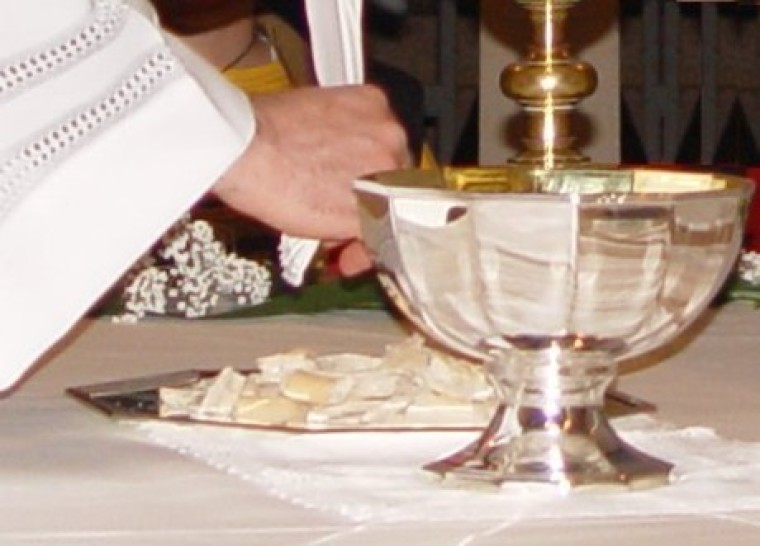
In an interview with ACNS yesterday, Archbishop Sarfo said: "We encourage Anglican churches world over to express solidarity by observing one Sunday as Ebola Sunday and to mobilise resources for the sub-region."
Anglicans can help
The Archbishop reiterated the important role that Anglicans in other countries can play in as far as mobilising and bringing resources to the region. "Anglicans should challenge their governments to send resources, especially medical supplies to the affected areas," he said.
Recently, the Archbishop of the Internal Province of West Africa in CPWA, of which the affected countries of Liberia, Sierra Leone and Guinea are a part, Jonathan Bonaparte Hart also raised the need for material support when he said: "We need disposable surgical gloves, chorine and basic hygiene kits to safeguard against Ebola."
Government action
Ghana has not recorded any cases of the disease and Abp Sarfo explained how the Government there is trying to make sure the disease is prevented and does not cross borders.
"In Ghana, a lot of education about the prevention of the disease is going on from the Government through the Ministry of Health and Church facilities of which the Anglican Church has quite a number," he said adding, "The Government has also provided equipment and materials through the Ministry of Health to the various health facilities while strict screening centres have been established at the airports and borders."
Church preventive measures
In this challenging period, the Anglican Church in Ghana is still trying to live up to its social and prophetic role by introducing a number of preventive measures to help handle the threat posed by Ebola. As well as working with partner agencies to equip Church health facilities, it is also providing guidance on how to pray for an end to this crisis, and those who have already been affected.
Education is key
Abp Sarfo said the Church is encouraging clergy to use the pulpit to educate and sensitise their congregations about the disease. Clergy have also been told to postpone the traditional practice of having congregants share a common communion cup.
"The communion can be received either by 'intinction', the practice of partly dipping the consecrated bread, or host, into the consecrated wine before consumption, or best by using individual small cups," he said.
Recently, the Primate of the Anglican Church of Nigeria, Most Reverend Nicholas Okoh, also modified the administration of Holy Communion and suspended the shaking of hands during the exchange of the peace in his Province, a measure aimed at preventing the spread of the disease.
The World Health Organization reports that this year's Ebola outbreak is one of the largest in history and the first in West Africa with approximately 2,220 reported cases and 1,226 deaths. It has affected four countries in West Africa including Guinea, Liberia, Nigeria, and Sierra Leone.